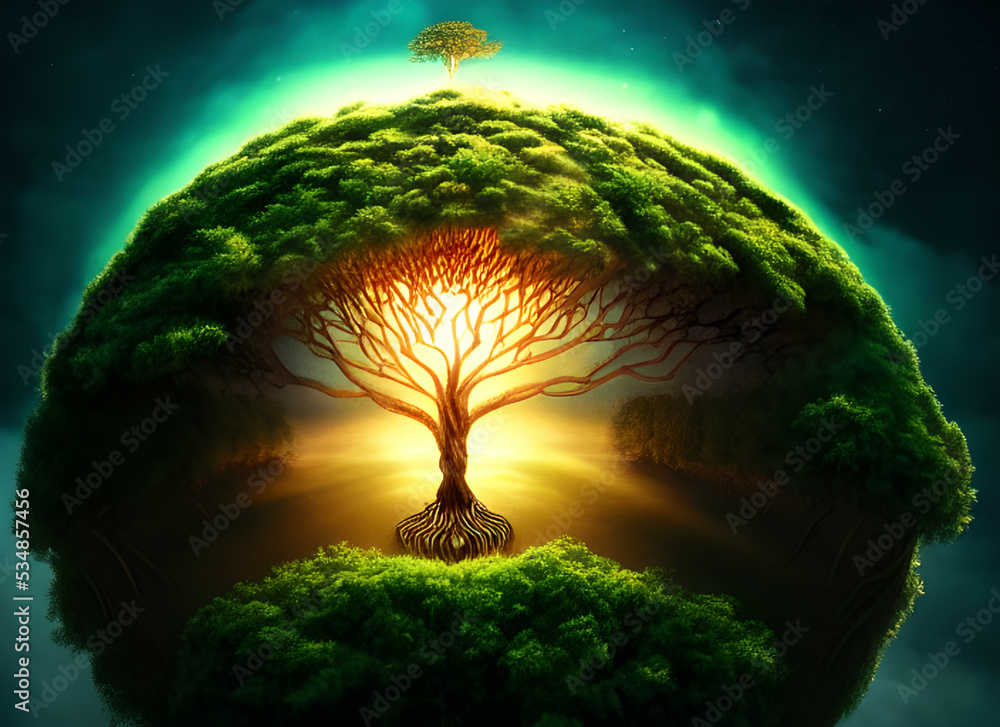In examining the Bahá’í teachings regarding life after death, one inevitably encounters profound questions about the nature of existence beyond the corporeal plane. A topic that frequently arises is the concept of time in the afterlife, encapsulated in the intriguing query: will there be clocks? This exploration delves into the Bahá’í perspective on life after death, the nature of the soul, and the implications of time in a realm beyond human comprehension.
To comprehend the Bahá’í view of life after death, one must first appreciate the significance of the soul. In Bahá’í belief, the soul is immortal, a distinct entity that transcends physical existence. It is said to progress and evolve through various stages of existence, beginning in the material world and continuing into the spiritual realms. This perspective stands in stark contrast to materialistic ideologies that perceive life as a finite phenomenon, limited to physical experiences.
The question of clocks and time in the afterlife invites a deeper inquiry into the nature of time itself. In human experience, time is a linear construct, governed by physical laws and marked by the ticking of clocks. However, Bahá’í teachings articulate that spiritual realities operate on a different plane, wherein the limitations of time and space as understood in the material realm do not apply. In this light, the concept of time may be entirely redefined.
Additionally, Bahá’u’lláh, the founder of the Bahá’í Faith, elucidates that the afterlife is characterized by a boundless opportunity for growth and development. The soul’s journey post-death is one of continuous learning and refinement. Therefore, the notion of clocks, which connote restriction and measurement, may be antithetical to the expansive nature of the spiritual world. Rather than adhering to a fixed schedule of time, souls might traverse through spiritual realms at their own pace, dictated by their intrinsic worthiness and accomplishments.
Moreover, Bahá’í teachings emphasize the significance of one’s actions in life. The principles of service, love, and unity guide the soul in its journey after death. This understanding posits a meritocratic aspect to spiritual development, wherein the soul’s progression is contingent upon its earthly endeavors. Consequently, the emphasis lies not on time itself but on the quality of experiences and the depth of understanding acquired throughout life’s journey.
Another pivotal aspect of the Bahá’í view on life after death is the reunification of the soul with the Divine essence. The afterlife is envisioned as a return to the Source, a state wherein the soul experiences an intimate communion with God. In this context, the constraints of temporal reality diminish in significance. The soul exists in a state of perpetual enlightenment and closeness to the Divine, rendering the function of clocks as relatively irrelevant.
Transitioning from these doctrinal beliefs, it is pertinent to examine the implications of such teachings on adherents’ day-to-day lives. The understanding that life is but a preparation for the afterlife fosters a sense of purpose and urgency in the earthly realm. Bahá’ís are encouraged to adopt a perspective that prioritizes spiritual growth, altruism, and unity with others. The awareness that every action is eternally significant engenders a commitment to ethical living, ultimately influencing individual and collective spiritual trajectories.
Furthermore, the Bahá’í narrative surrounding life after death serves as a catalyst for transformative hope. Amidst the precariousness of worldly existence, the conviction in an eternal dimension provides solace and strength. Such teachings that transcend the mundane can inspire individuals to confront moral challenges, navigate relationships with compassion, and aspire toward a greater understanding of their place in creation.
Critically, while contemplating life after death through the lens of Bahá’í theology, it is essential to acknowledge the diversity of belief systems concerning this enigmatic subject. Different cultures and religions offer a myriad of interpretations regarding the afterlife, often characterized by elaborate mythologies and spiritual frameworks. In this context, the Bahá’í perspective presents an inclusive narrative that transcends sectarian boundaries, inviting individuals from varied backgrounds to reflect on their beliefs and consider the importance of nurturing the soul in their earthly lives.
In conclusion, the Bahá’í teachings provide a rich tapestry of understanding regarding life after death, distinctly characterized by the immortality of the soul, the absence of time as understood in the material world, and the gradual spiritual ascent that follows earthly existence. The question of whether there will be clocks in the afterlife may ultimately lead one to realize that the concept of time is far more intricate than mere measurements of past, present, and future. Instead, it serves as a reminder of the soul’s boundless potential and the imperative to live ethically and purposefully, ever mindful of the eternal journey that awaits beyond this life.
